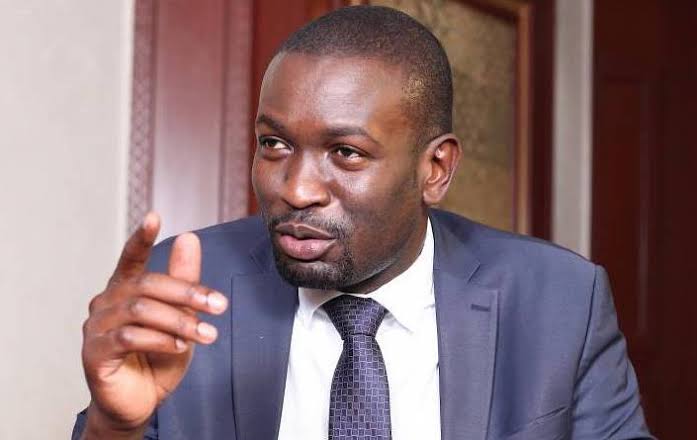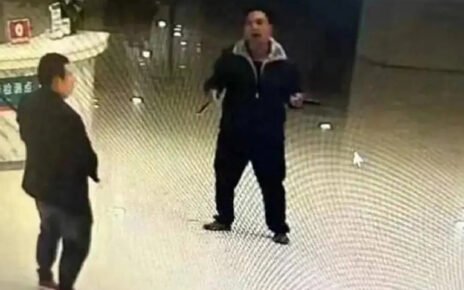Nairobi Senator Edwin Sifuna has defended the BBC’s investigative documentary, #BloodParliament, which sheds light on the conduct of security forces during the June 2024 anti-government protests outside Parliament.
His statement comes after Homa Bay MP Peter Kaluma and a few other leaders criticized the exposé, accusing it of being provocative and misleading. Some even called for the BBC to be banned from operating in Kenya.
Taking to X (formerly Twitter), Sifuna reaffirmed the importance of media freedom and the need for truth-telling, particularly regarding significant national events.
“Speaking as someone who was present in Parliament that day, the events depicted in the documentary are not fabrications,” Sifuna wrote. “The story of June 25th, 2024 is already written — and cannot be changed. It is important that we confront our truths rather than deny them.”
The senator further stated that investigative journalism plays a key role in seeking justice and holding institutions accountable.
“Those who are uncomfortable with this are battling their own consciences. It is not our place to offer comfort to those uneasy with the truth,” he added.
Shortly after the documentary aired, MP Kaluma posted on X, claiming that the documentary might incite unrest. He later deleted the post and shared a revised statement expressing concerns about the timing and tone of the documentary.
“The Capitol Hill incident in the U.S. did not lead to similar international documentaries. The publication of this piece by @BBCAfrica is unfortunate and could destabilize the country,” Kaluma wrote.
The BBC documentary investigates the use of force by security personnel during the protests, including the tragic deaths of three young men. The investigation involved reviewing over 5,000 images and videos to reconstruct the events of that day.
Meanwhile, the Independent Policing Oversight Authority (IPOA) has confirmed that at least 60 deaths were recorded during the protests. Investigations into 22 cases have been completed, 36 remain ongoing, and two are currently in court.



